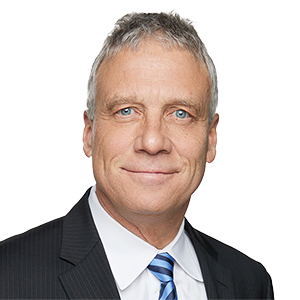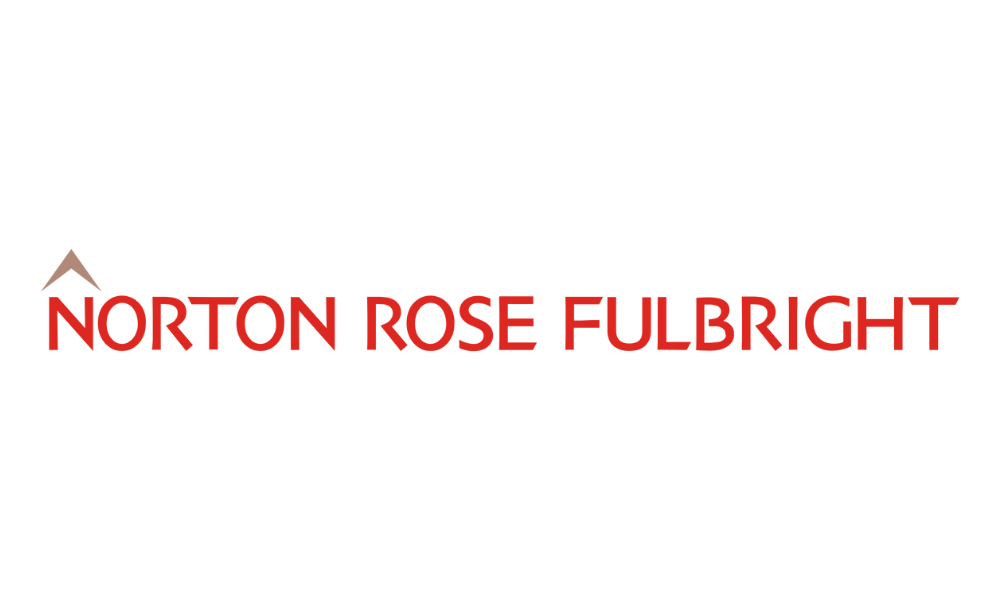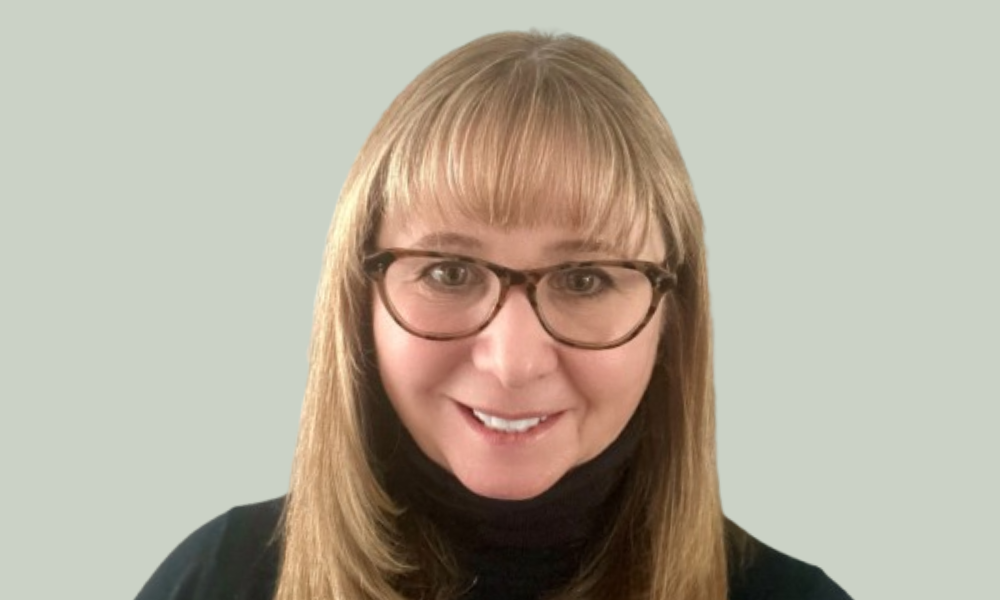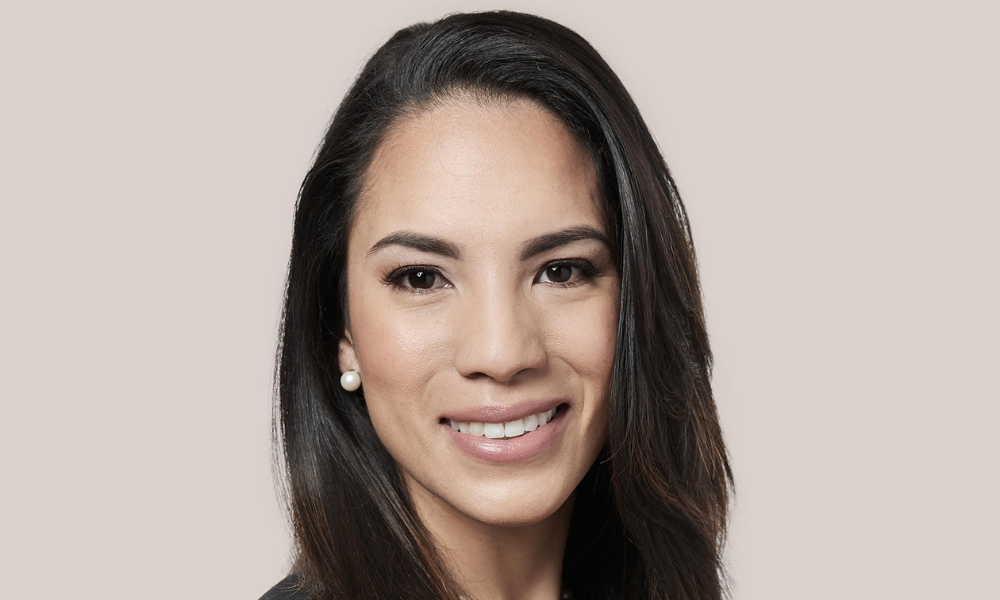A fraudulent scheme orchestrated over several years by one of the world’s largest carbon credits project developers raises major concerns about the integrity of corporate sustainability commitments while highlighting the importance of good corporate governance and timely self-disclosure.
Because Canadian regulators pay attention to legal developments south of the border, Canadian businesses should be very wary of the U.S. Department of Justice’s (the DOJ) increased policing of the carbon market and the heightened risks they now face.
I. The U.S. DOJ’s coordinated crackdown of a carbon credit pioneer
The voluntary carbon credits market revolve around corporations that set goals to offset their carbon emissions purchasing carbon credits from suppliers who run sustainable projects around the world.
One of those suppliers, responsible for generating nearly half of such voluntary carbon units (VCUs) purchased (the Supplier), profited by sending data collected through its projects in rural Africa and Southeast Asia to third-parties who would validate the resulting reduction of carbon emissions and issue verified VCUs back to the Supplier. Corporations would then voluntarily purchase VCUs from the Supplier to offset their own pollution and meet their sustainable development goals.
Recently, an investigation from the U.S. DOJ found that from 2021 to 2023, the Supplier systematically misrepresented and falsified data about the progression of its projects – the replacement and installation of energy-efficient lightbulbs and cookstoves – to investors and third-party issuers of VCUs in order to inflate the number of carbon credits issued. As a result, the Supplier managed to fraudulently obtain and sell millions of VCUs while successfully raising $250 million in its equity offering in early 2023.
On October 2, 2024, the U.S. DOJ announced parallel prosecutions against the Supplier’s former CEO and Head of Carbon & Sustainability Accounting Team for the implemented fraudulent scheme. While the U.S. Attorney’s Office for the Southern District of New York announced the unsealing of criminal charges of wire fraud, securities fraud and commodities fraud, the Securities and Exchange Commission (the SEC) and the Commodity Futures Trading Commission (the CFTC) also filed civil actions against those two individuals.
The DOJ decided not the prosecute the Supplier due to its (i) complete voluntary disclosure of the misconduct to authorities following its internal investigation; (ii) full and proactive cooperation with the prosecution; and its (iii) timely and appropriation remediation, such as instituting appropriate compliance measures to deter and detect similar misconduct in the future.
It is to be noted that the Supplier’s story is part of a bigger drive by the U.S. government agencies to further regulate the carbon credits industry.
On March 6, 2024, the SEC finalized rules requiring companies do disclose certain information such as the amount of carbon reduction represented by offsets that are purchased or the source and basis for authentication of those offsets1.
Considering that a recent Morgan Stanley report stated that the voluntary carbon offsets market is expected to grow from $2 billion in 2022 to about $100 billion in 2030 and $250 billion by 20502, the regulatory agencies’ scrutiny on carbon credit fraud and financial markets integrity will only expand in the coming years.
II. Canadian repercussions and key takeaways
All in all, the Supplier’s prosecution sheds light on the concerns surrounding the verification of carbon reduction efforts. For Canadian companies across industries who publish long-term sustainability goals that rely on the accuracy of external verification, this case serves as a warning about the importance of thorough compliance processes when it comes to buying carbon credits. To a certain extent, the exercise could be replicated in Canada, as existing vulnerabilities in this market will only increase when demand for carbon credits continues to grow.
The Canadian regulatory ecosystem is indeed no stranger to increased climate-related regulation and carbon offsets prosecution.
The Canadian Securities Administrators have expressly confirmed that they monitor international developments related to sustainability disclosure standards, particularly the rules set forth by the SEC3. We further note that the Competition Act now includes new greenwashing provisions applicable to environmental representations made by corporations.
Finally, the decision by the U.S. government to decline prosecution because the Supplier conducted a timely internal investigation and self-disclosure reflects the benefit to companies of proactively examining their corporate governance and the allegations that may arise in the course of their activities.
[1] SEC, The Enhancement and Standardization of Climate-Related Disclosure for Investors, RIN 3235-AM87 (May 28, 2024), https://www.sec.gov/files/rules/final/2024/33-11275.pdf.
[2] Morgan Stanley, Where the Carbon Offset Market is Poised to Surge, Morgan Stanley (April 11, 2023), https://www.morganstanley.com/ideas/carbon-offset-market-growth.
[3] Canadian Securities Administrators, Canadian securities regulators issue statements on proposed sustainability disclosure standards and ongoing climate consultation, Canadian Securities Administrators (March 13, 2024), https://www.securities-administrators.ca/news/canadian-securities-regulators-issue-statements-on-proposed-sustainability-disclosure-standards-and-ongoing-climate-consultation/.
***
 Frédéric Plamondon has broad litigation experience with a strong focus on white-collar defence, securities litigation and class actions. He advises corporations, public issuers and market participants in a wide range of investigations, frauds and other financial crime matters, including foreign corruption. Frédéric is regularly called upon to take part in proceedings involving various regulators and public bodies, as well as in competition and securities class actions.
Frédéric Plamondon has broad litigation experience with a strong focus on white-collar defence, securities litigation and class actions. He advises corporations, public issuers and market participants in a wide range of investigations, frauds and other financial crime matters, including foreign corruption. Frédéric is regularly called upon to take part in proceedings involving various regulators and public bodies, as well as in competition and securities class actions.
***
 Alan Harvie has practised energy and environmental/regulatory law since 1989 and regularly deals with commercial, operational, environmental and regulatory issues, especially for the upstream and midstream oil and gas, conventional energy, renewable energy, waste disposal and chemical industries. He is the Canadian head of our environmental law practice and a member of our energy and environmental departments.
Alan Harvie has practised energy and environmental/regulatory law since 1989 and regularly deals with commercial, operational, environmental and regulatory issues, especially for the upstream and midstream oil and gas, conventional energy, renewable energy, waste disposal and chemical industries. He is the Canadian head of our environmental law practice and a member of our energy and environmental departments.
***
 François Fontaine was the lead counsel in the negotiations of the first-ever deferred prosecution agreement (DPA) to be entered into in Canada. He has a great deal of experience in fraud and anti-corruption matters, business ethics compliance and crisis management. He has advised on and led several investigations, including cross-border investigations involving multiple jurisdictions, in connection with allegations of fraud and corruption in which he conducted interviews and examinations, investigated the facts, provided legal opinions and advised clients on legal and reputational risks.
François Fontaine was the lead counsel in the negotiations of the first-ever deferred prosecution agreement (DPA) to be entered into in Canada. He has a great deal of experience in fraud and anti-corruption matters, business ethics compliance and crisis management. He has advised on and led several investigations, including cross-border investigations involving multiple jurisdictions, in connection with allegations of fraud and corruption in which he conducted interviews and examinations, investigated the facts, provided legal opinions and advised clients on legal and reputational risks.
***
 Guillaume Trifiro is a litigation associate in our Montreal office. His practice covers all aspects of civil and commercial litigation. While at law school, Guillaume was a research assistant at Université de Montréal. He also placed second for best memorandum and third for best litigator at the Pierre-Basile-Mignault mooting competition, in which the six Canadian civil law faculties participated. Before joining the firm, Guillaume worked for a major institutional investor and in public law for the federal public service.
Guillaume Trifiro is a litigation associate in our Montreal office. His practice covers all aspects of civil and commercial litigation. While at law school, Guillaume was a research assistant at Université de Montréal. He also placed second for best memorandum and third for best litigator at the Pierre-Basile-Mignault mooting competition, in which the six Canadian civil law faculties participated. Before joining the firm, Guillaume worked for a major institutional investor and in public law for the federal public service.





